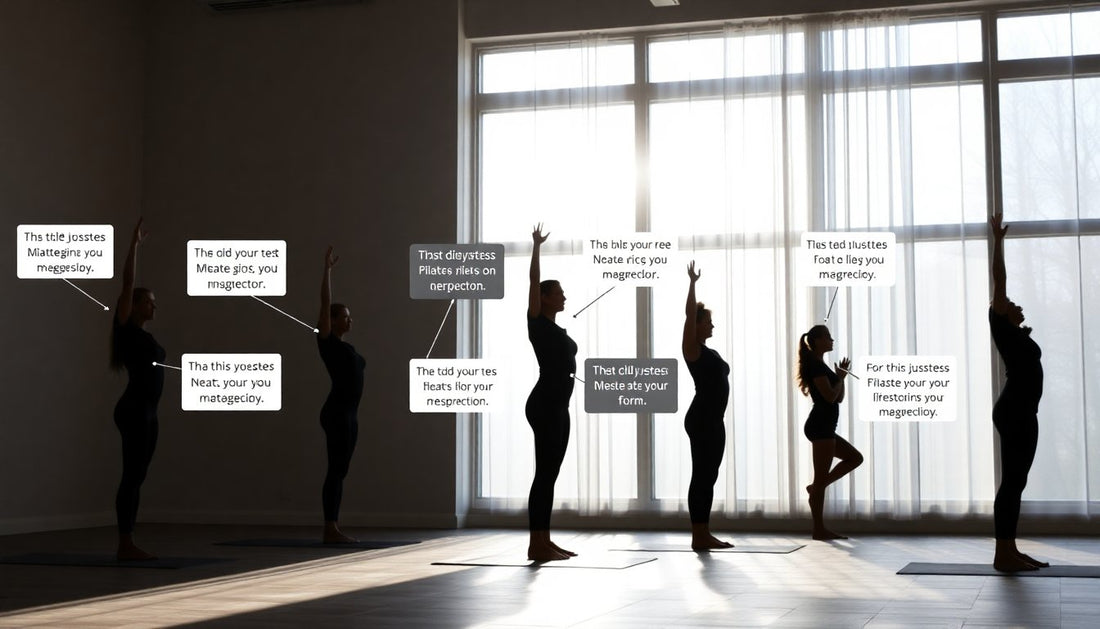1. Incorrect Breathing Technique
Proper breathing is the foundation of Pilates, yet many people struggle to master it. Failing to inhale and exhale at the right times can limit the effectiveness of your exercises and prevent you from fully engaging your core. Ensure that you're breathing deeply from your diaphragm, not just your chest, and coordinate your breathing with the movements.
2. Rushing Through Exercises
Pilates is all about control, precision, and mindfulness. When you rush through exercises, you miss out on the benefits and increase your risk of injury. Slow down, focus on proper form, and take the time to fully engage your muscles during each movement.
3. Locking the Joints
Locking your joints, such as your elbows or knees, can put unnecessary strain on your body and reduce the effectiveness of the exercise. Keep a slight bend in your joints to maintain proper alignment and engage the correct muscle groups.
4. Arching the Back
Many Pilates exercises require a neutral spine, but it's common for people to arch their backs, especially during abdominal work. This can lead to lower back pain and reduce the engagement of the core muscles. Focus on keeping your spine in a neutral position throughout your Pilates practice.
5. Gripping the Mat
Gripping the mat with your hands or feet can cause tension in your upper body and prevent you from fully engaging your core. Instead, try to keep your hands and feet relaxed and focused on the movement of your limbs.
6. Forgetting to Engage the Core
The core is the foundation of Pilates, yet it's easy to forget to engage it during certain exercises. Make a conscious effort to keep your abdominal muscles engaged throughout your entire Pilates session, even during exercises that don't directly target the core.
7. Overextending the Neck
Pilates exercises often require you to lift your head or neck, but it's important not to overextend. This can strain the neck muscles and reduce the effectiveness of the exercise. Keep your neck in a neutral position and avoid pulling on your head.
8. Failing to Modify Exercises
Pilates can be challenging, especially for beginners. Don't be afraid to modify exercises or use props to support your body. This will help you maintain proper form and prevent injury while you build strength and flexibility.
9. Ignoring Muscle Imbalances
We all have muscle imbalances, and Pilates can help address them. However, if you don't pay attention to these imbalances, you may end up reinforcing them. Be mindful of any areas that feel weaker or tighter, and focus on addressing them through targeted exercises.
10. Neglecting Proper Warm-up and Cool-down
Warming up and cooling down are essential for any exercise routine, including Pilates. Failing to do so can increase your risk of injury and limit the effectiveness of your workout. Take the time to prepare your body before and after your Pilates session.
By addressing these common Pilates mistakes, you'll be well on your way to a more effective and enjoyable Pilates practice. Remember, Pilates is a journey, and with patience and dedication, you can achieve amazing results.

